About a year ago when I was in the market for a new digital SLR camera, the first place I turned was a site I have often visited over the years for authoritative advice on cameras. The site, Digital Photography Review, or dpreview.com for short, features complete and exhaustive reviews of digital cameras on the Internet. It’s not a magazine, but a free online labor of love from some hardcore photography enthusiasts.
 The site features affiliate links that you can click on to purchase your new camera, and the commissions go back to dpreview. I ended up buying my Nikon D80 by clicking one of the site’s links (and it’s still the site that I visit to lust after the new D90). Unlike most online advertising, however, the links often come with the endorsement of the site, and the explicit request to click on them. In other words, the site ASKS you to click on their ads – a growing phenomena in online advertising that I call "askvertising." "Askvertising" is the situation when the content creators or owners of a website are actively requesting that users click on the ads to help support the site or to get useful information.
The site features affiliate links that you can click on to purchase your new camera, and the commissions go back to dpreview. I ended up buying my Nikon D80 by clicking one of the site’s links (and it’s still the site that I visit to lust after the new D90). Unlike most online advertising, however, the links often come with the endorsement of the site, and the explicit request to click on them. In other words, the site ASKS you to click on their ads – a growing phenomena in online advertising that I call "askvertising." "Askvertising" is the situation when the content creators or owners of a website are actively requesting that users click on the ads to help support the site or to get useful information.
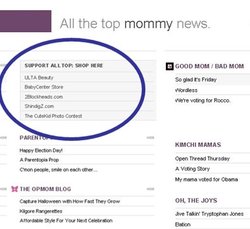 The question this raises is whether we are headed toward a future where sites will no longer simply sell banner ads or paste in code to display text links and hope to drive more and more traffic to push up the number of impressions that they can sell. The impression based model is a numbers and volume game that is slowly dying online. Affiliate marketing, content syndication and other endorsement based models of online advertising are taking its place as a way to make advertising more effective, by doing what seems to be unheard of in advertising … making content creators CARE whether or not visitors to their site click on the ads. This is leading to three big things:
The question this raises is whether we are headed toward a future where sites will no longer simply sell banner ads or paste in code to display text links and hope to drive more and more traffic to push up the number of impressions that they can sell. The impression based model is a numbers and volume game that is slowly dying online. Affiliate marketing, content syndication and other endorsement based models of online advertising are taking its place as a way to make advertising more effective, by doing what seems to be unheard of in advertising … making content creators CARE whether or not visitors to their site click on the ads. This is leading to three big things:
1. More contextual and topical ads are more relevant for users
2. Endorsed ads for products are more convincing and reduce consumer distrust of advertising.
3. Better ROI (click rates, cost per click, etc.) for advertisers.
On the other side, the argument against askvertising is the often discussed separation between advertising and editorial. How can you expect content creators to be impartial and unbiased when their livelihood depends on the ads? When a content creator approves an ad to be placed along with content (which is the case with affiliate marketing), or the ads are based on the context of the content (which is how most text advertising works), then the lines between advertising and editorial become grayer. Combine this with the necessity for many of these new sites to support themselves with pay for performance based ads, and generating clicks from the audience becomes a necessity. In this sense, askvertising is the digital equivalent of the donation box at a church or temple.
What does this mean for online advertisers? Simply that online media planning today needs to be about more than just buying impressions and placing banners. Making askvertising work for you means finding the right strategic sites to partner with, building out a robust affiliate marketing program, and stop focusing on volume of impressions and more on effectiveness of placements in driving action. It’s time advertisers and sites alike start to figure out how to make the trend towards askvertising work for them.







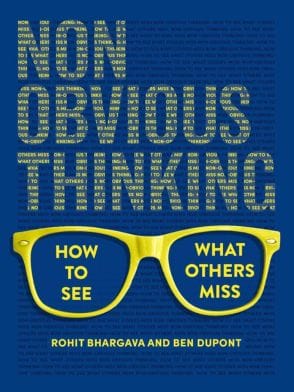

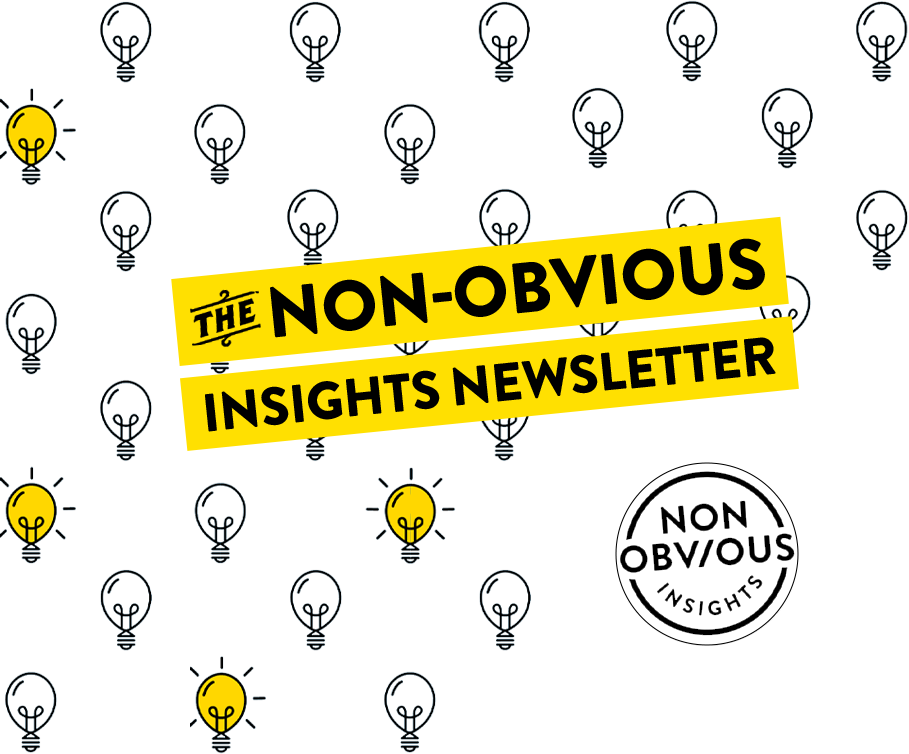


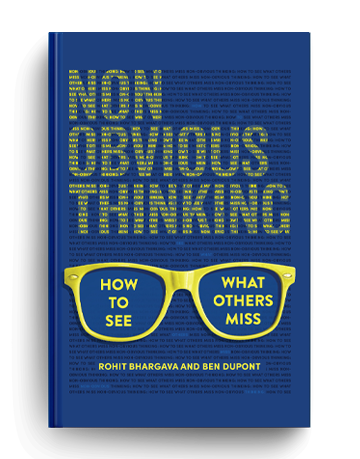
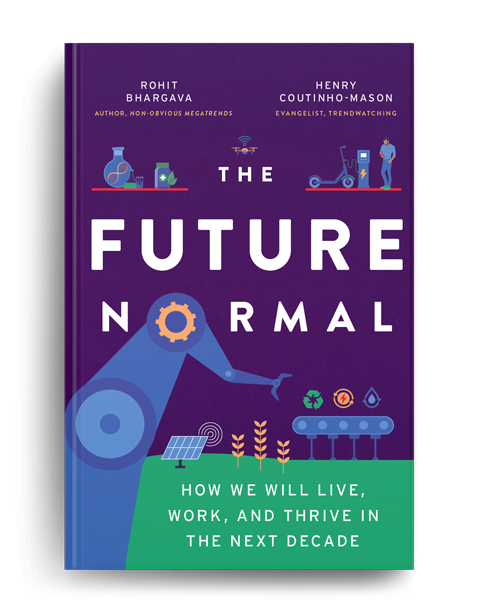

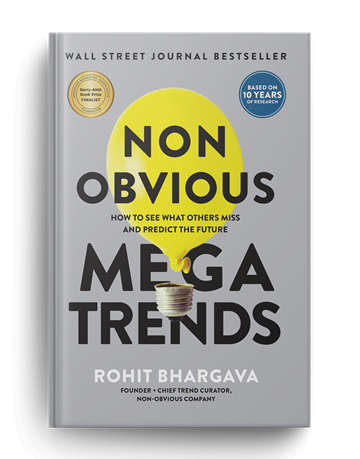
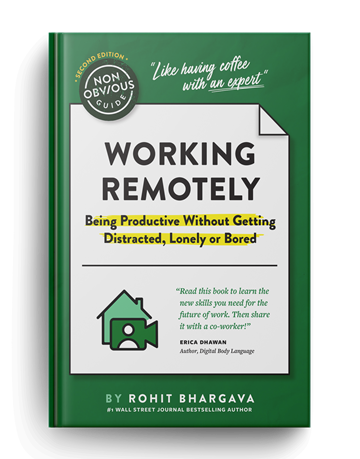
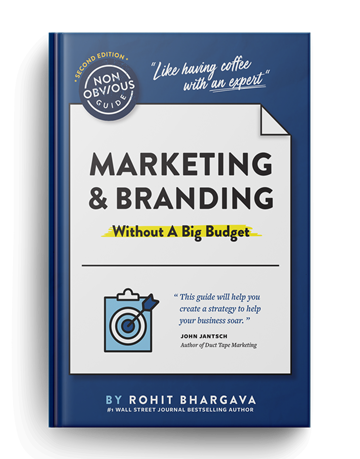

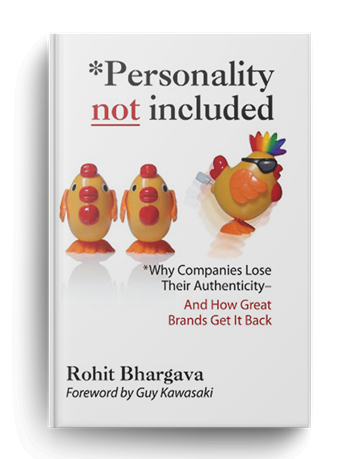
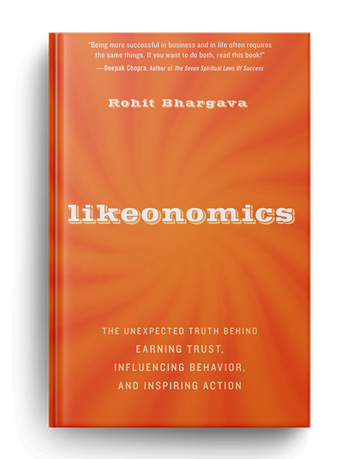


Great post. The only point I would add is that clearly askvertising is very appropriate in that case since people are there clearly to make a purchase. On the other hand, on sites that attract information-seekers, I really like Adwords because it stays relevant across the various pages of the site.